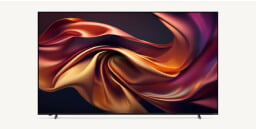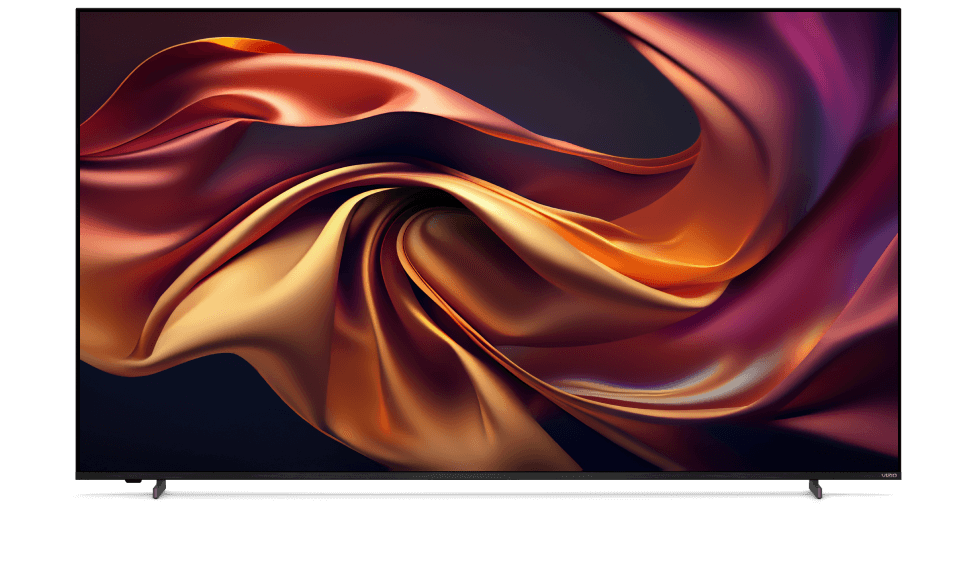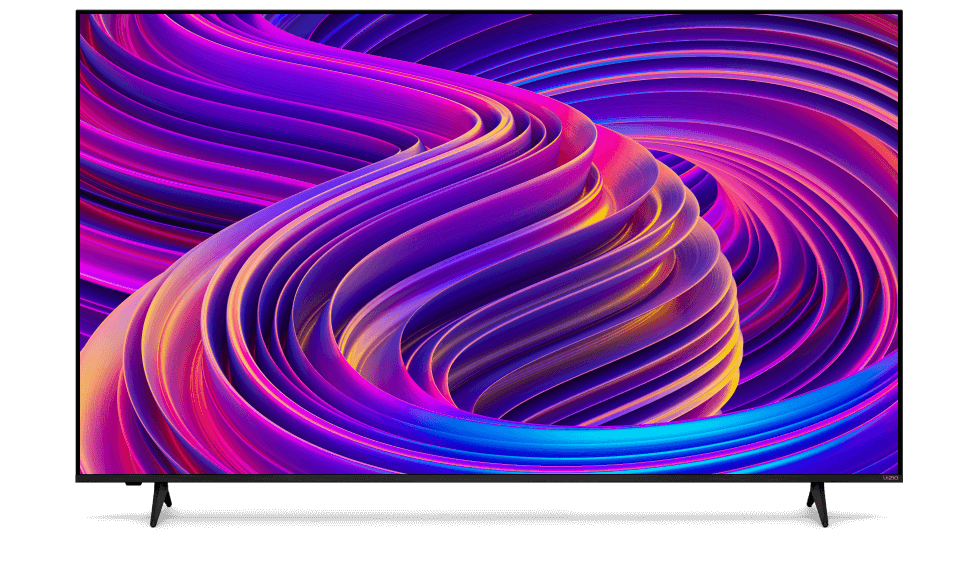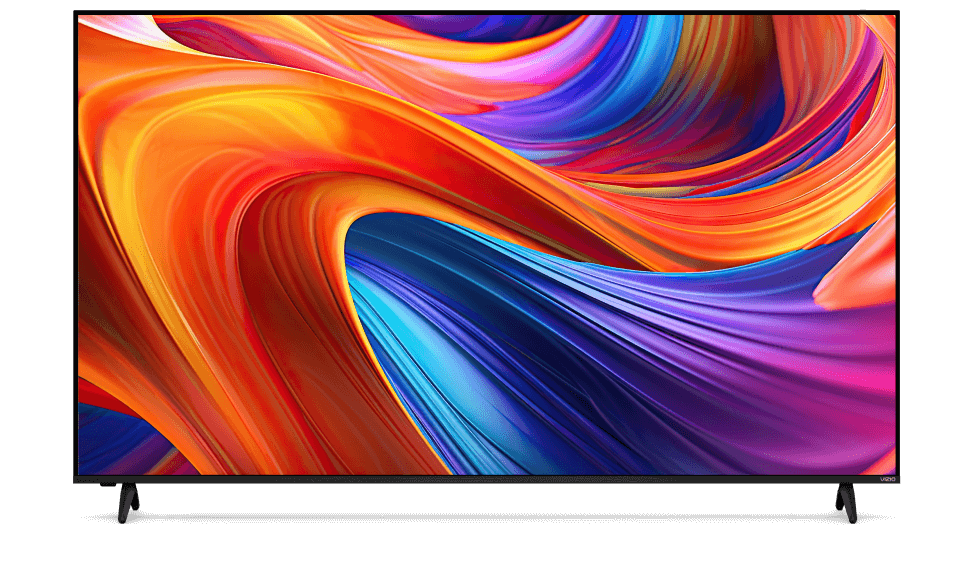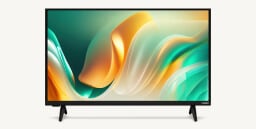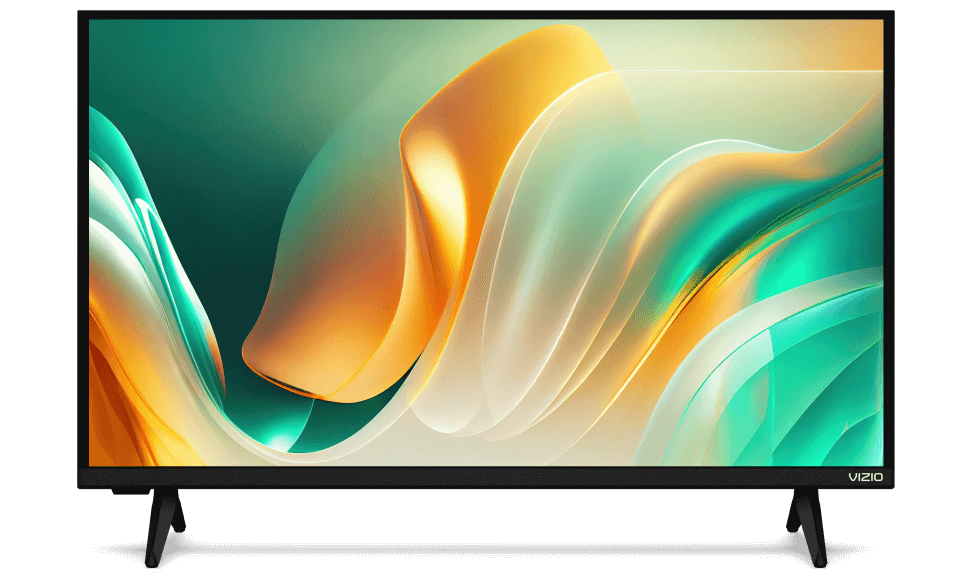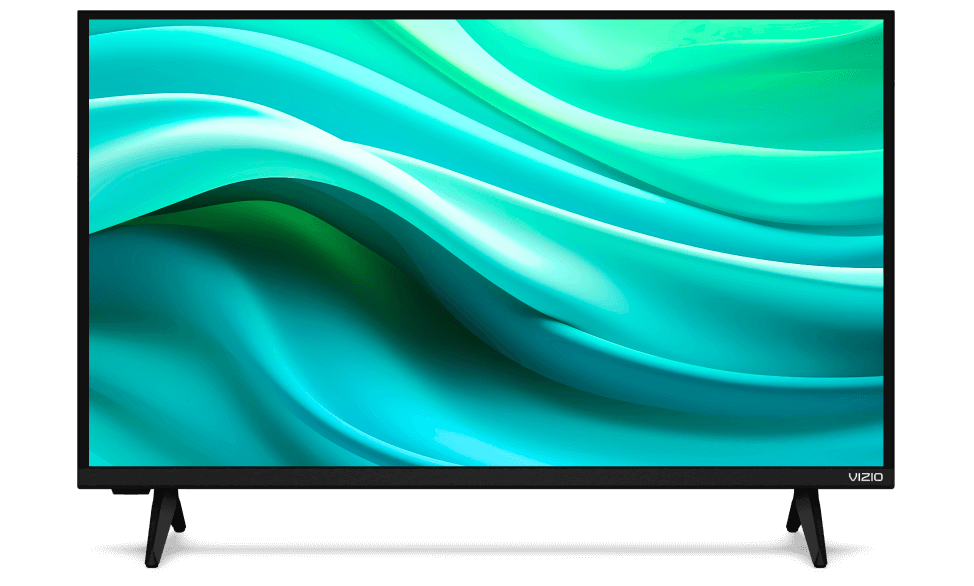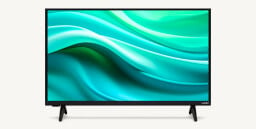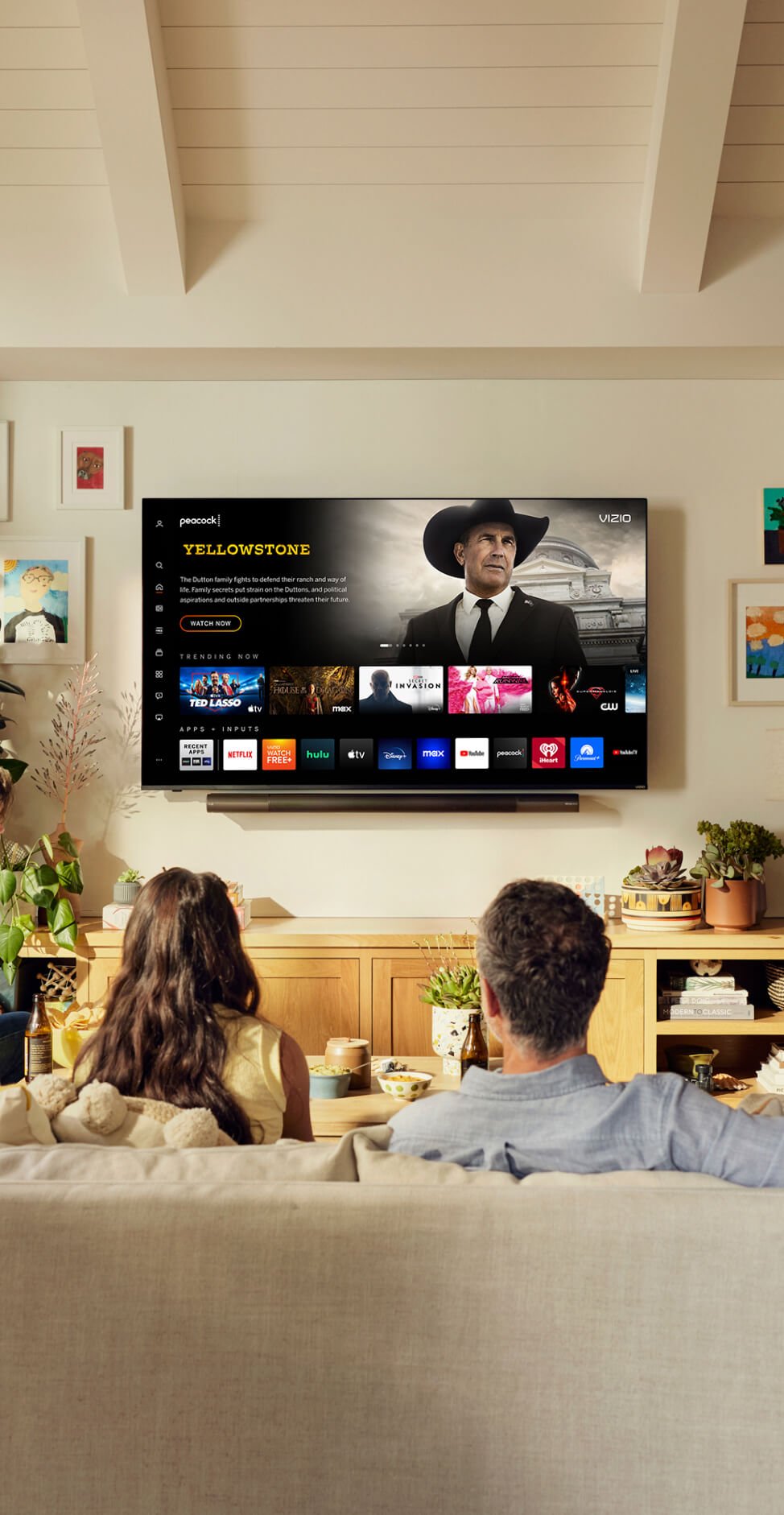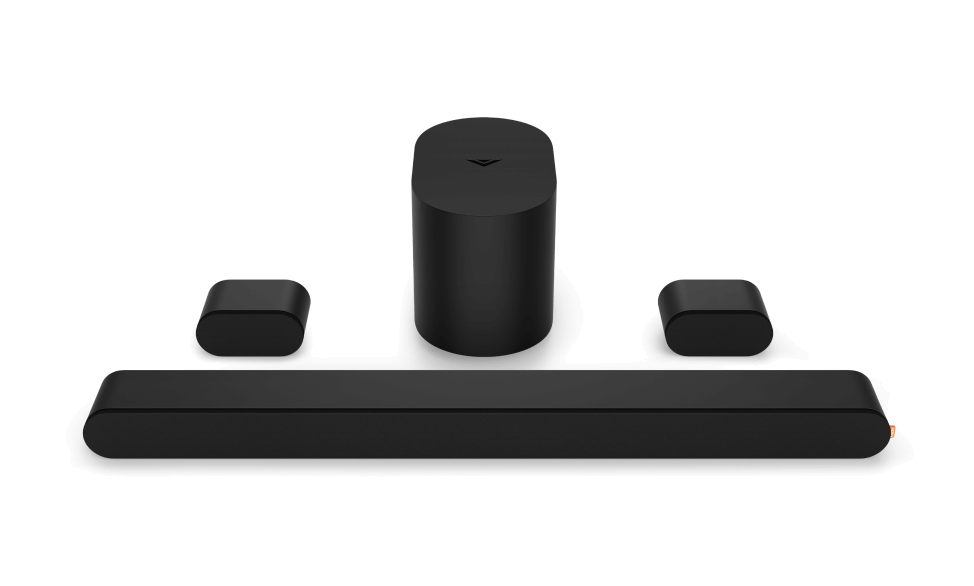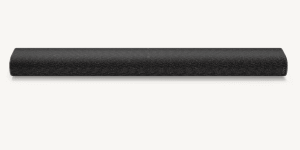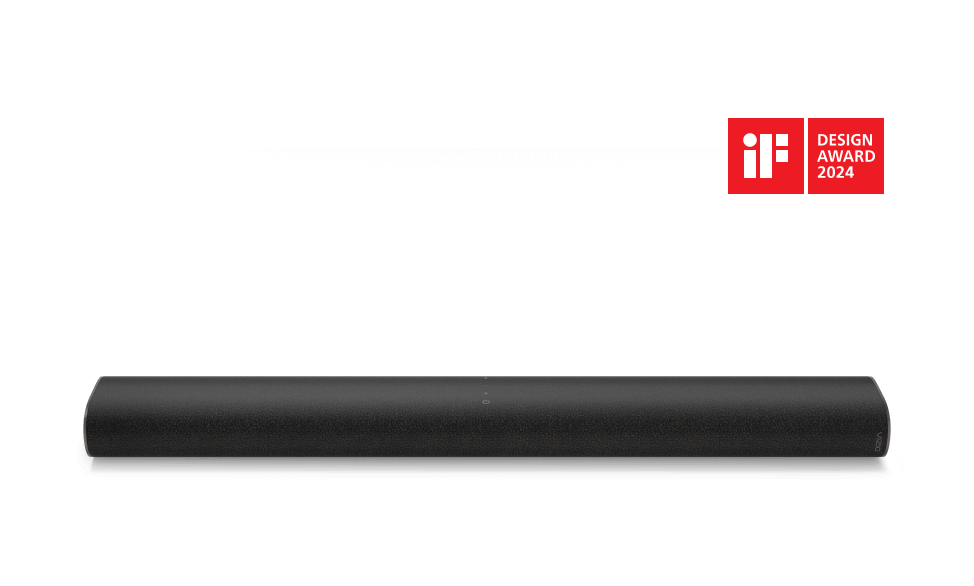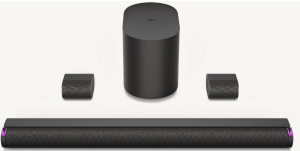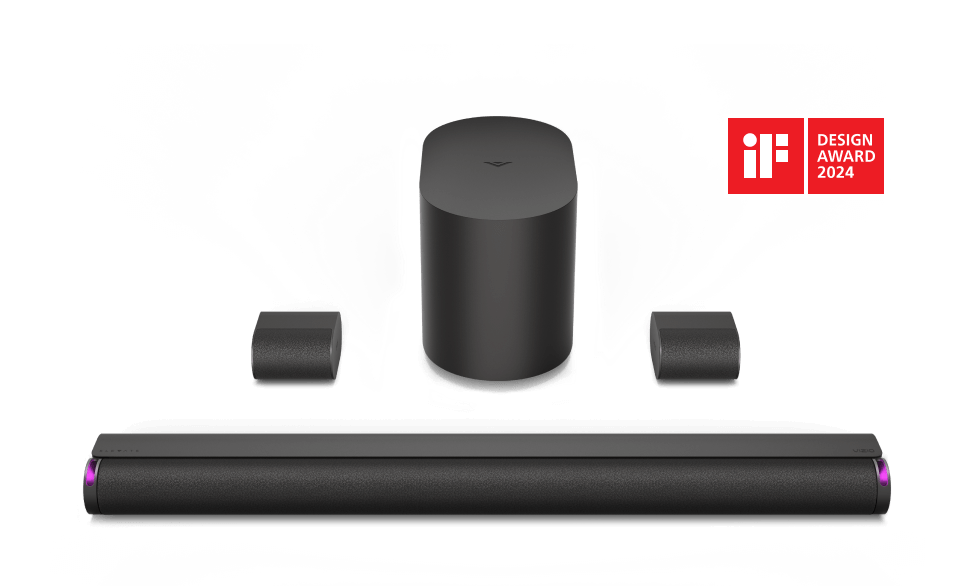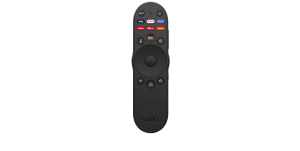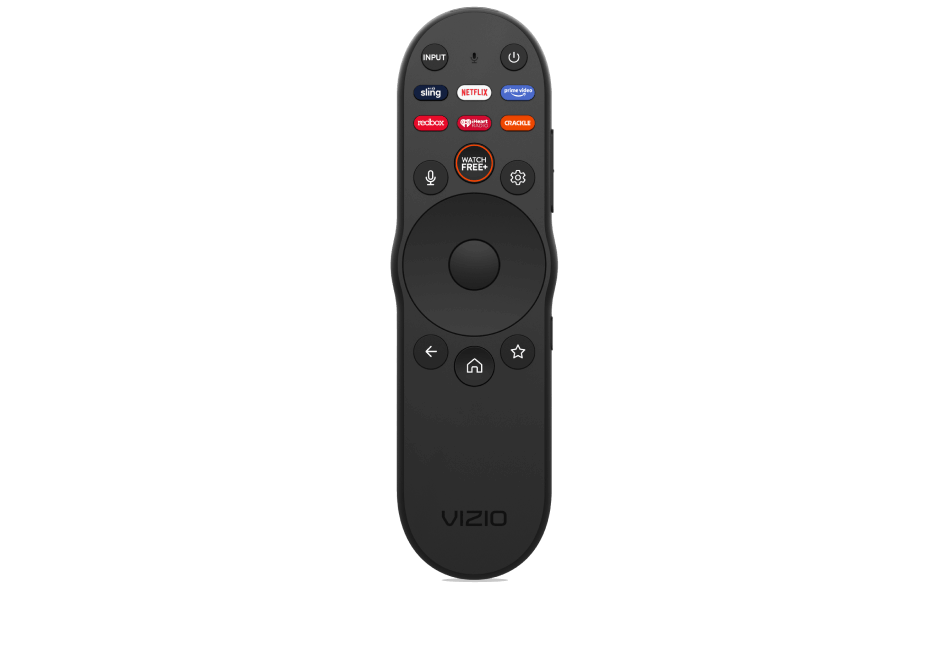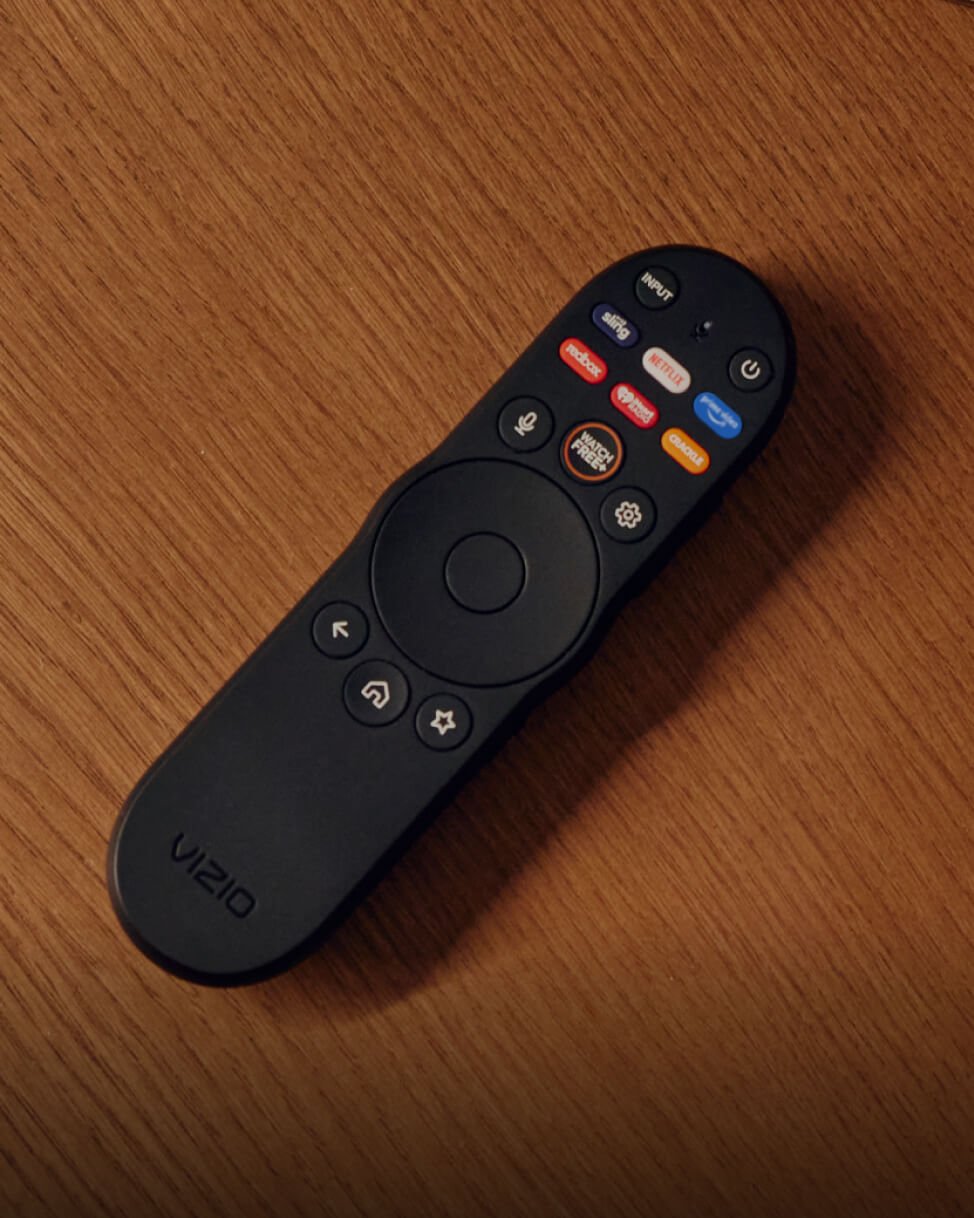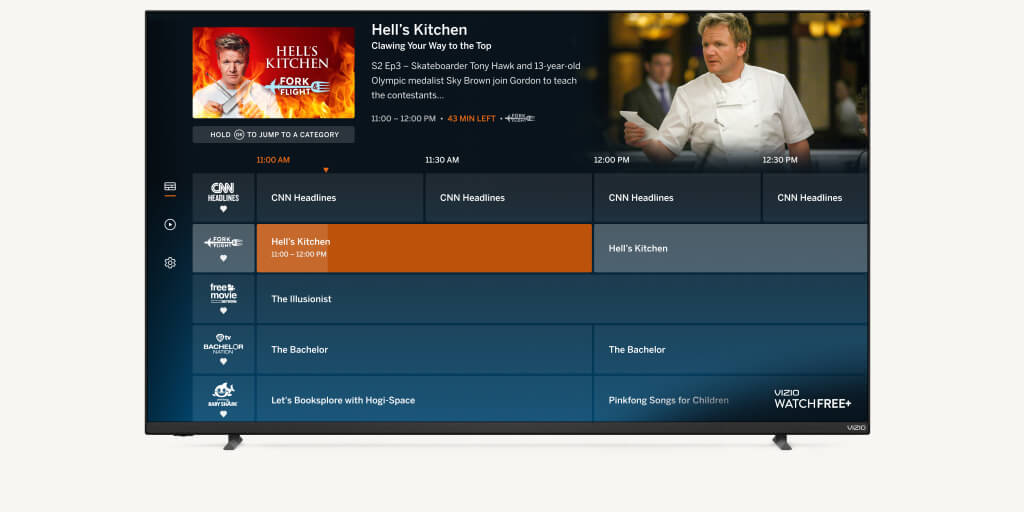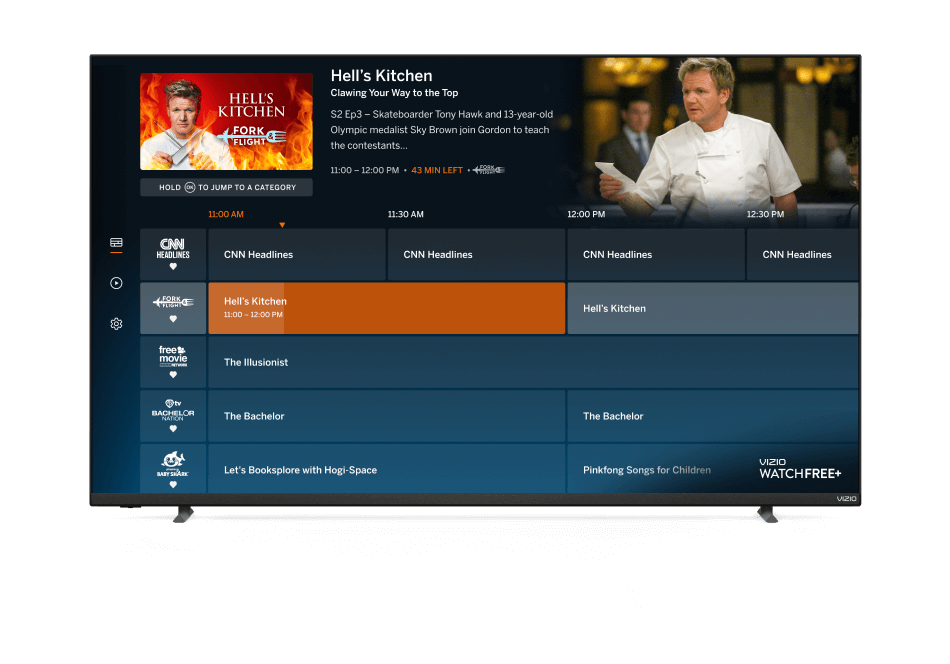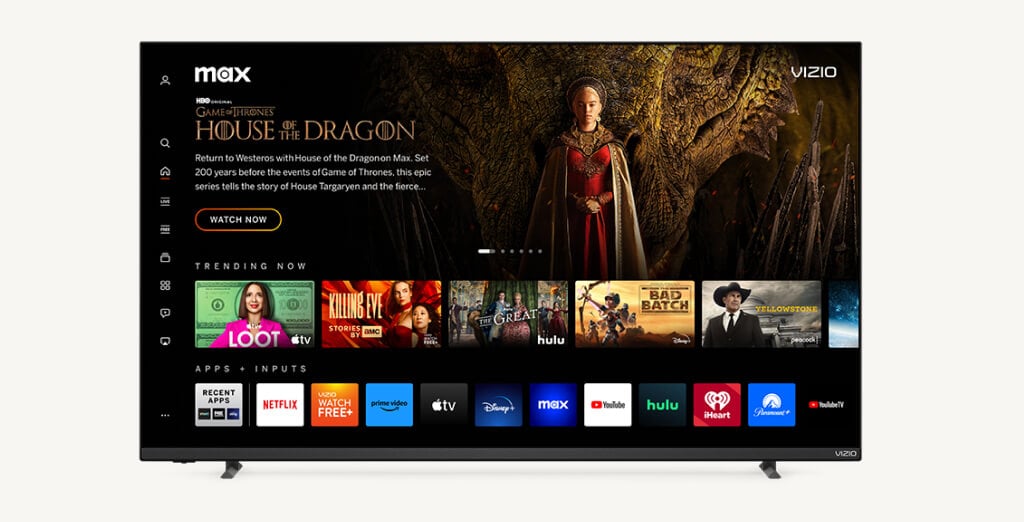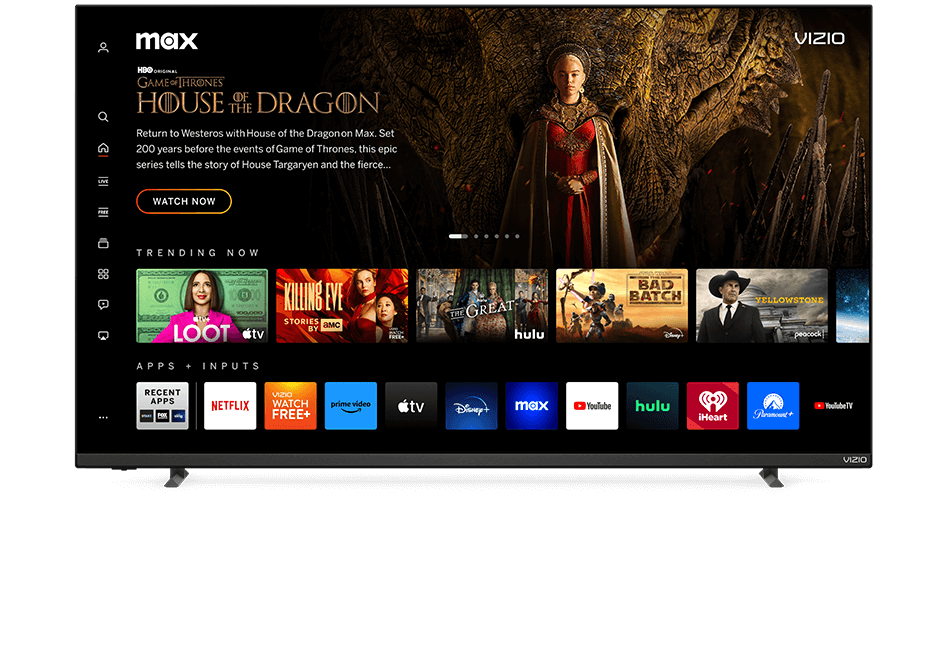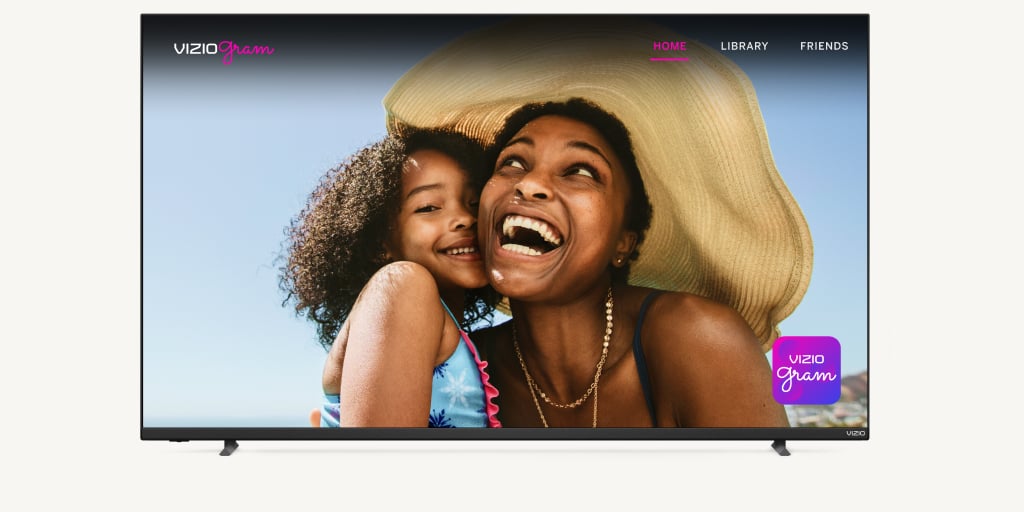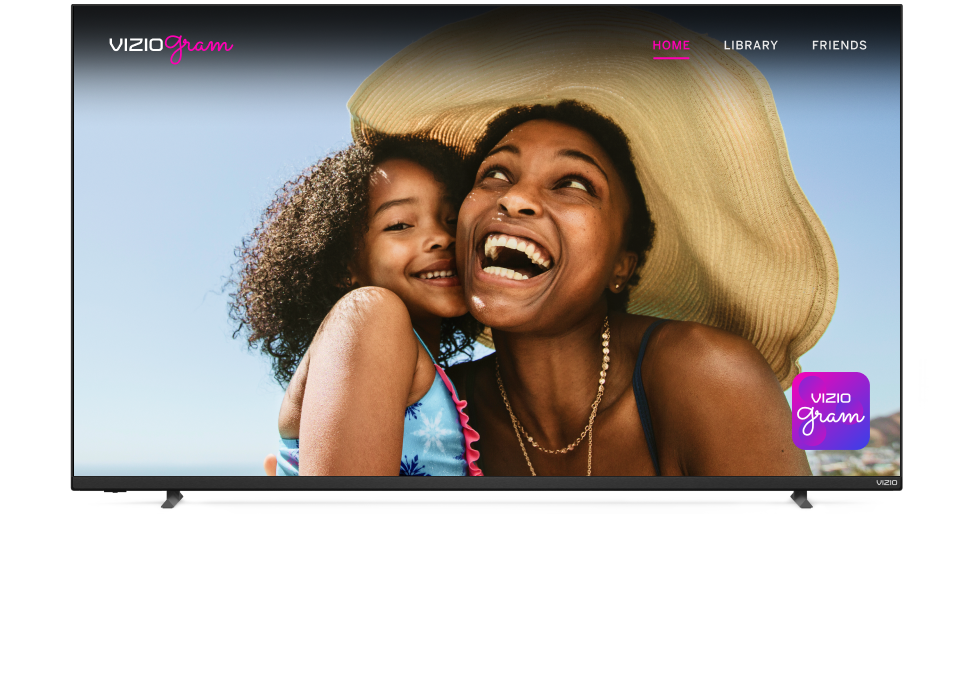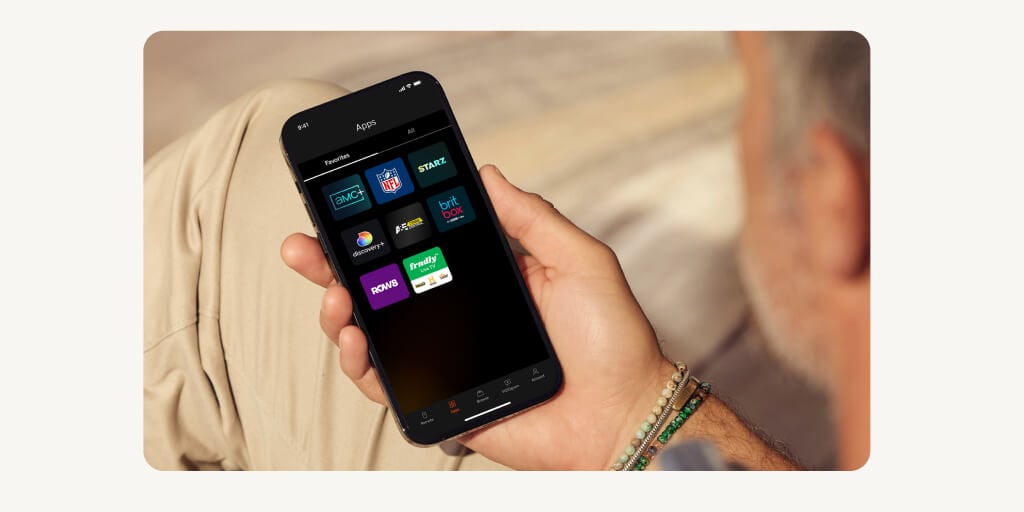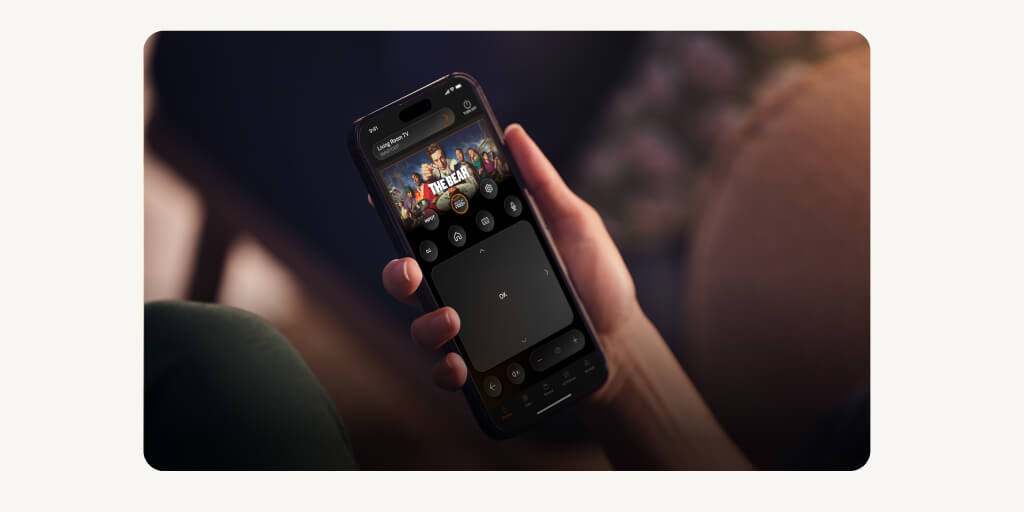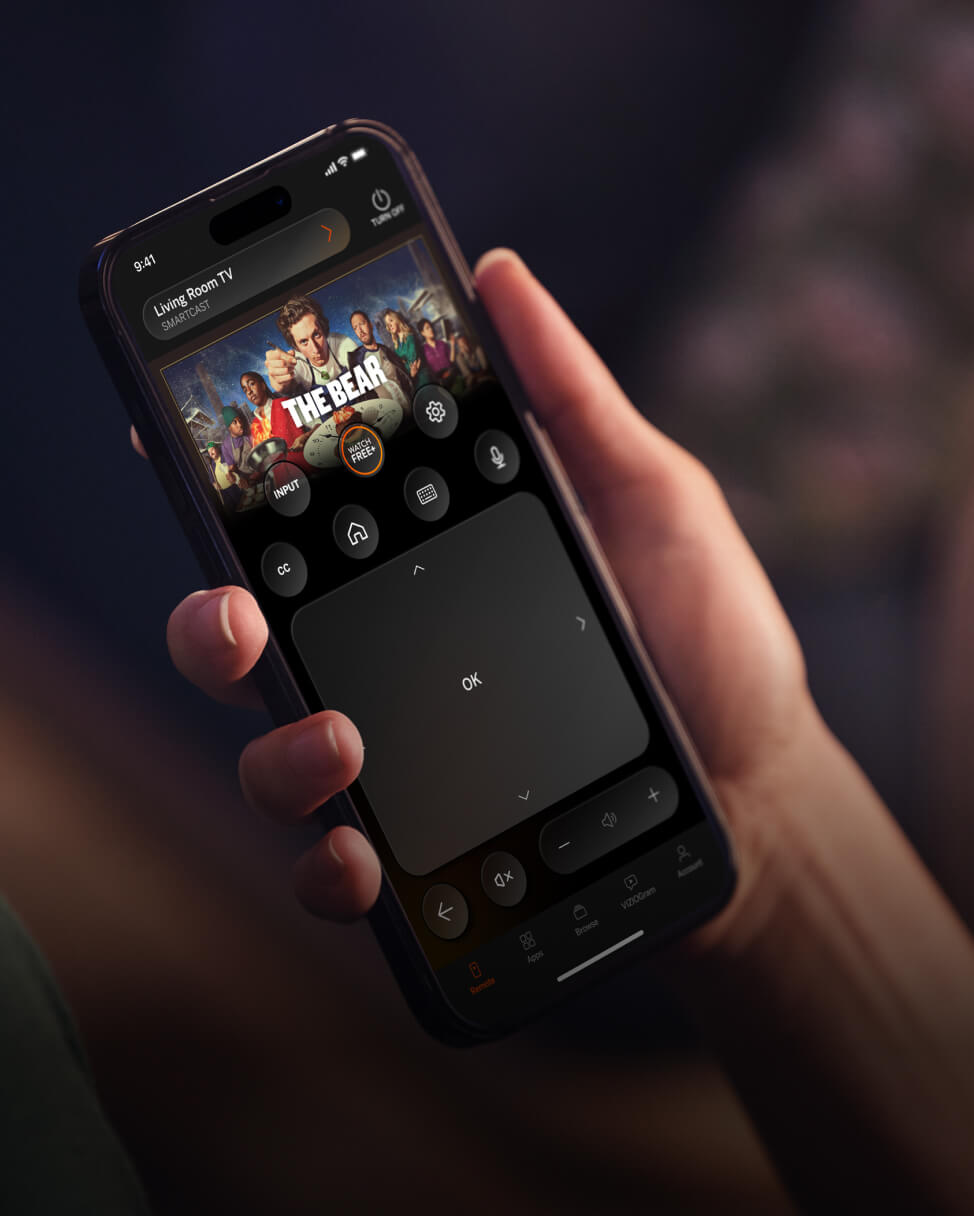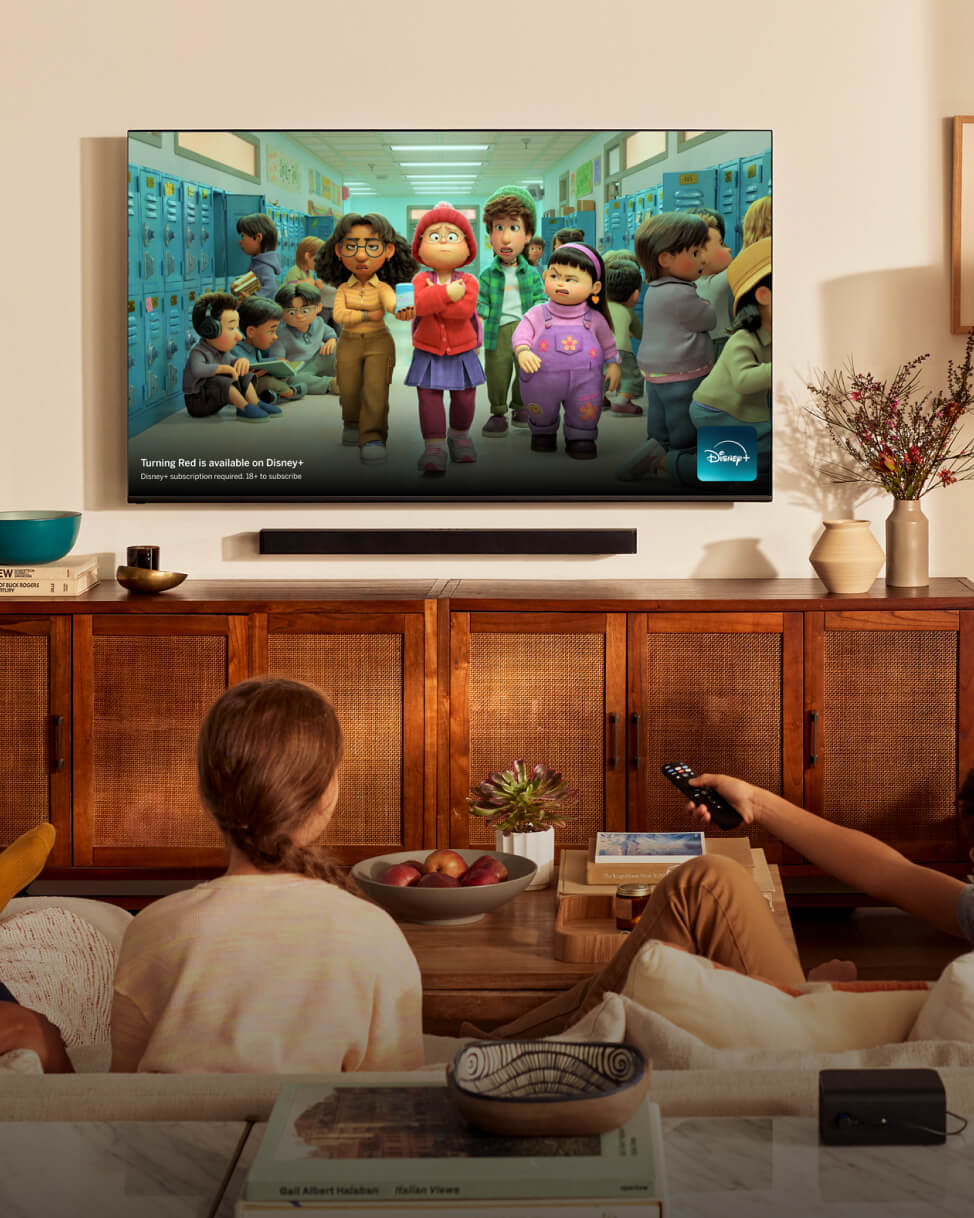Q&A: Costco CEO Jim Sinegal talks about recession, succession
The Seattle Times
By: Melissa Allison
November 15, 2009
A few days before flying to Colorado for the opening of Costco Wholesale's 561st store, co-founder and CEO Jim Sinegal sat down at its Issaquah headquarters to talk about the country's third-largest retailer after Walmart and Kroger.
Less than a month later, Costco is up to 563 stores, including its first in Manhattan, which opened last week.
Costco has fared better than many retailers during the recession and avoided layoffs by appealing to consumers' heightened desire for discounts, including ramping up its private label brand, Kirkland Signature.
The famously accessible Sinegal, who answers his own phone and has a no-door (and no wall facing the hallway) policy, talks about the recession, his love of California and the chess game of negotiating with electronics manufacturers over Asian markets.
This is an edited version of the interview.
Q: Costco is one of the few major retailers not to lay anybody off during this recession. How did you decide on that?
A: We knew how difficult the economic times were last October and November. It's certainly one of first times in my life I can recall fear in people relative to economics.
We said two things: No. 1, we want to drive our business to succeed, so we're going to lower prices and try to drive more business into our buildings. And in addition, our employees deserve our loyalty. So we said, let's see how we can get through this thing without having layoffs.
We thought we could conduct our business in a fashion that attrition would handle whatever reduction in force we wanted. And we had some new warehouses coming up also, so it enabled us to transfer some people.
We feel good that we were able to accomplish it, and I think our people appreciate that and understand an effort was made to make sure everyone kept their jobs.
Q: How else has Costco reacted to the recession?
A: We took a very aggressive attitude with our business. We're going to be the low-cost provider of goods. We've done it through expanding our private-label (Kirkland Signature) program, (which) has caused some manufacturers to lower their prices on brands because they see the competitive nature of our products.
Q: As big as you are, could you be a contributor to deflation?
A: I would suppose that as big as we — the combination of we and Walmart — are, that yes, we could, if we both got on the bandwagon... We've lowered prices, but commodities have come down also.
Q: Why is it important for Costco to be in Manhattan?
A: Because you have a market with 2 million people, and prices are very high, and we think that we can generate an enormous amount of volume and bring real value to that community. Now there are some down sides (he mentioned too little parking and the relatively small size of homes there).
Q: Will you still carry the huge packs of toilet paper and big cereal boxes and big mayonnaise jars?
A: Absolutely. We went through these same types of discussions when we opened up in the U.K., Japan and Korea, where people live in much smaller apartment buildings. In Japan, it's very obvious that customers shop together.
One of the things they told us when we went into business in Japan is that the taste for Japanese sweet goods is different than any place else. "They're not going to buy the bakery products you have." We almost changed the products before we went in. But we said no, we're going test it and see how it works. Well, P.S., today the penetration of bakery products in our Japanese warehouses is greater than any other country where we do business.
We're not so arrogant as to assume everything we're going to do will work just the way it does here. But we test things to try to figure out solutions. One of the things that makes our business attractive in places like Mexico or Japan or South Korea or Taiwan is our mix of U.S. goods. They like U.S. goods.
Q: What are some things you have had to change?
A: We had to change some of our apparel. The sizing on men's shirts in Japan, Korea and Taiwan is entirely different. Our Kirkland Signature shirt has an Asian cut to it, slimmer in the waist and smaller sizes. We went in, and these things were draping on everybody.
We've had difficulty getting electronic products in Japan, because the big companies — Sony, Panasonic, Sharp — are reluctant to sell to us there because they want to protect the prices and because these are very important markets for them.
Q: But they're not reluctant to sell to you here?
A: Of course not. They want to sell to us here. So, the leverage we have is the business we do with them in this country, in Canada and in the U.K. Bit by bit, we're making some headway. It helped that we put in a Chinese-made television set from Vizio. That kind of got their attention.
Q: Why didn't Costco accept food stamps until recently?
A: In years gone by, we've said Costco customers don't use food stamps. We have a tendency to have upscale customers. During these tough economic times, it became apparent there were a lot of people who would ordinarily have been considered affluent were having trouble.
Q: Do you sell the $1.50 hot dogs everywhere?
A: Yes. It's one of our top-selling items in Japan and Korea.
Q: If that price ever goes up, what will it mean?
A: That I'm dead. It's amazing how creative we have been to keep the price down. It's a drink and a free refill on the drink for a buck fifty. It's the same quality hot dog, all beef, the best ingredients that you can imagine. I know it sounds crazy making a big deal about a hot dog, but we spend a lot of time on it. We're known for that hot dog. That's something you don't mess with.
Q: How often do you raise membership fees?
A: We have raised the membership fee about every five years. We use all the membership fees we charge to keep lower prices on the shelf. I think when we started it was $25, and that's over 26 years ago, so you can see we haven't made a lot of increases. But now we charge a $50 membership fee. We think customers look at it and say $50 is a one-time pain for membership, but you're reinforced every time you come in and buy a television set or a 36-roll of toilet paper with the low prices.
Q: When was last time you raised the fee?
A: About three years ago, I think. We have nothing on the radar screen for raising them.
Q: Costco is the target of a class-action gender-discrimination lawsuit in California and has been accused of discrimination this year in a lawsuit in King County. Have you taken measures at corporate to look into the culture of the company?
A: We always look into the way we operate and try to avoid them (lawsuits). We tried to avoid them before somebody filed suit. We're not in the business of discriminating against people or cheating our employees relative to their wages or anything. That's contrary to the way Costco does business. You can always find someone who is dissatisfied with the way you've done something and is going to bring a lawsuit.
Q: Are the gains from having so many warehouses in California worth the pain of being there in an economy where it's so hard hit?
A: Sure. California is a great state. It's always going to have the sunshine. It's always going to have the movies; it's always going to have people with hope. It's diverse. It's just great.
Q: What about sales?
A: It's the most populated state we have, bigger by a wide margin than any other state. If it were a country, it would be one of the G-8. It feeds the whole country relative to agriculture, and the biggest crop, I think, is marijuana, and we're not even counting that one.
Q: You're 73, and you've refused to talk about a succession plan, although you say you have one. Why not talk about it?
A: It creates a lot of unrest in an organization when you've got people trying to politic and campaign, and that's not what we're about. It's pretty inconceivable that whoever replaces me wouldn't be a member of management and probably have run one of our warehouses at some point.
Q: Have you chosen that person?
A: I update the board on all the top management people and where I think they fit in the picture. But nobody has been chosen.
Q: Do you have any plans to retire?
A: I am not planning to retire.
Q: Ever or soon?
A: Well, ever? You know, I serve at the pleasure of the board. Granted, being one of the founders makes it a little bit ticklish, that makes it a little more juicy, if you will, or spicy or, what is the word I'm looking for? Dicey, I guess! The board of directors probably, looking at me as a founder of the company, is going to want to try to make it easy when it comes time to replace me, that I don't go kicking and screaming out the door.
At what point am I going to say, I don't want to go to Japan or the U.K. for every opening? You have absolutely no guarantees in life with good health. I'm healthy and enjoying things and still working hard and am reasonably adept at what I'm doing.
